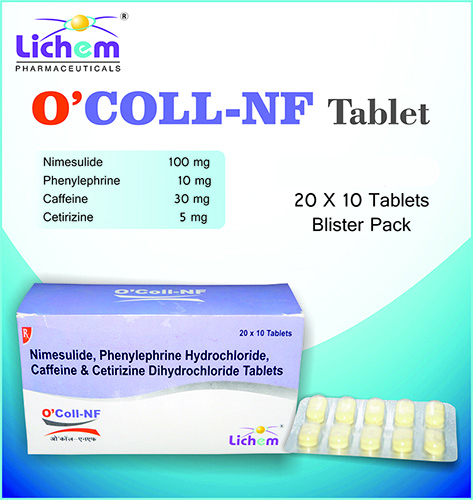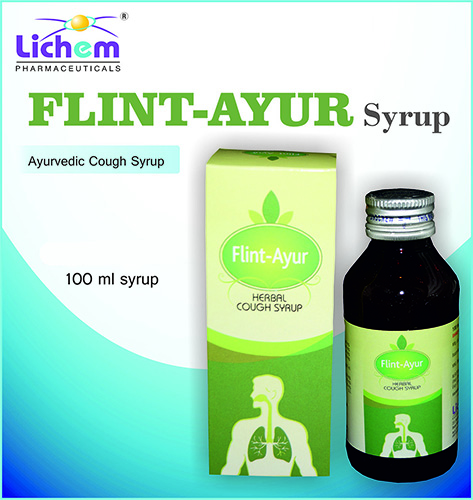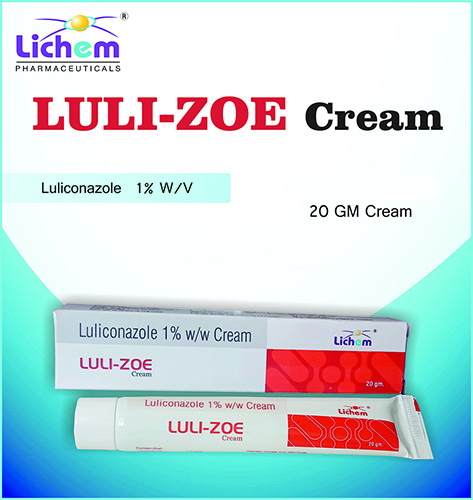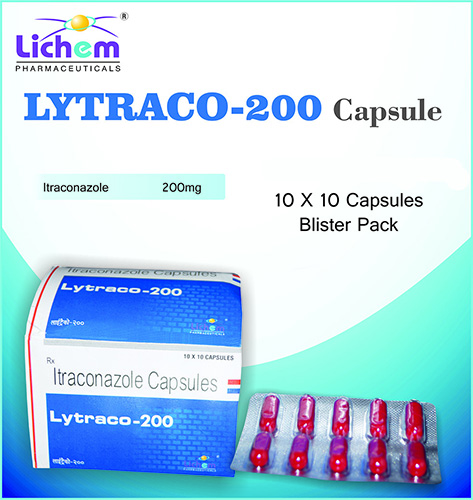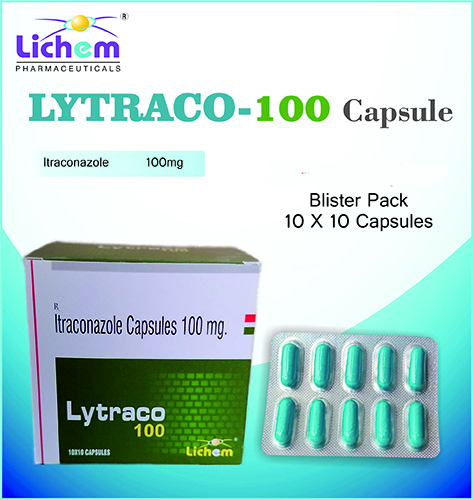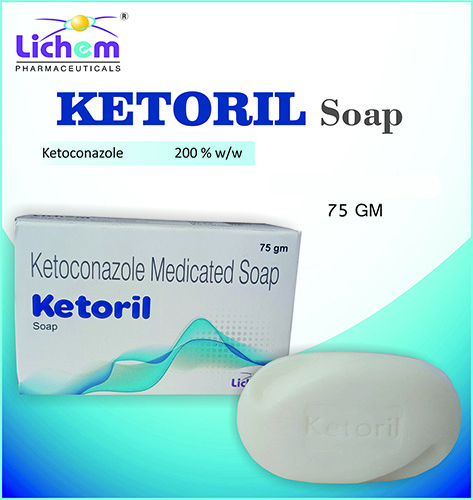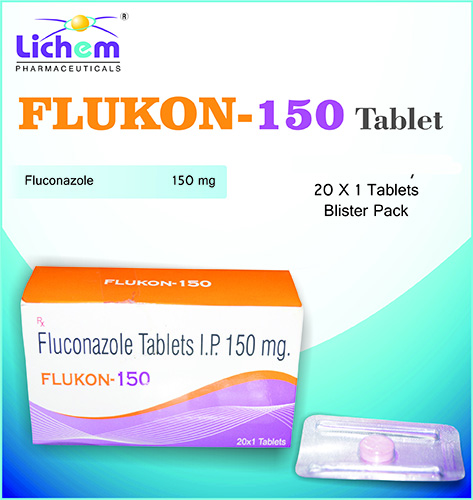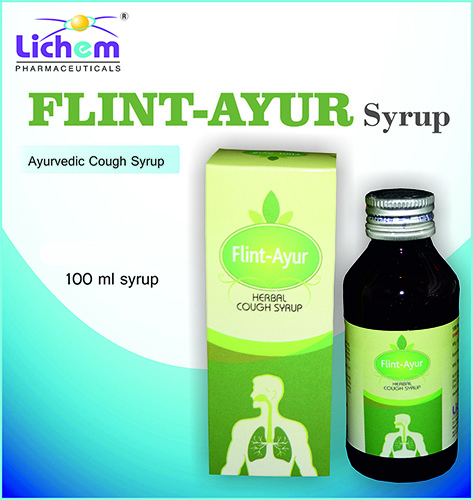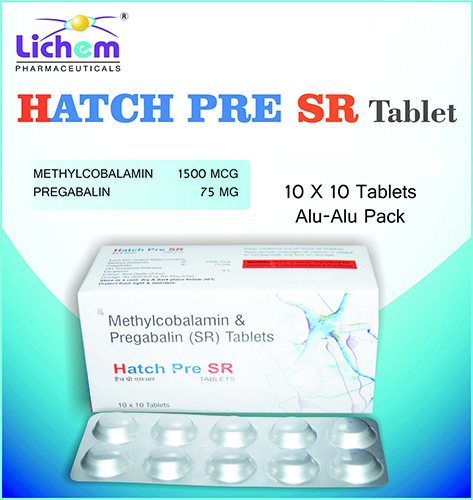Composition : Nimesulide Bp 100 mg + Phenylephrine 10 mg + Caffeine 30 mg + Cetirizine 5 mg Nimesulide BP : A non-steroidal anti-inflammatory drug (NSAID) that reduces pain, inflammation, and fever. Phenylephrine : A decongestant that shrinks swollen blood vessels in the nasal passages, relieving congestion and stuffiness. Caffeine : A stimulant that can increase alertness and counteract drowsiness caused by other ingredients (antihistamines). Cetirizine : An antihistamine that relieves allergy symptoms like runny nose, itchy eyes, and sneezing. INDICATIONS Common Cold Sinusitis Pharyngitis Laryngitis Rhinitis
Send Message